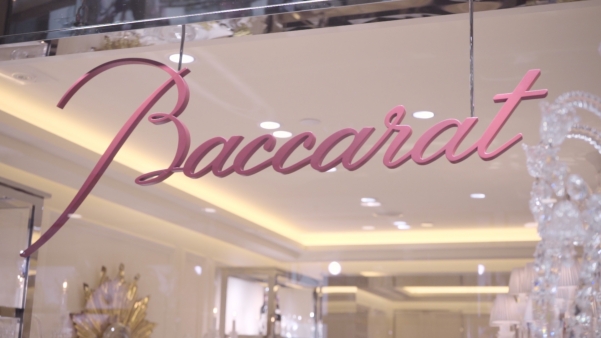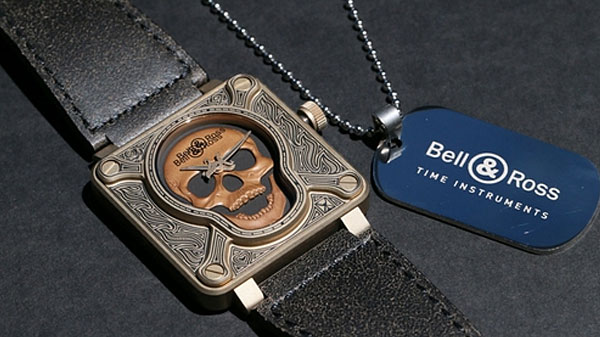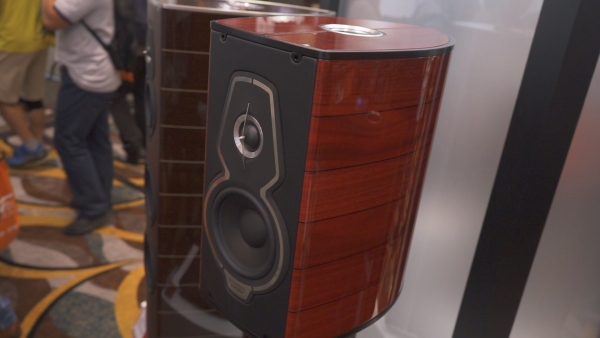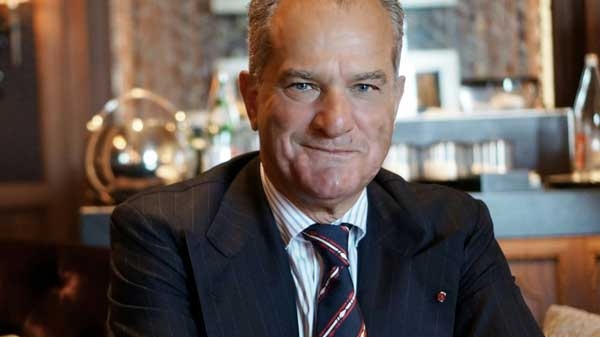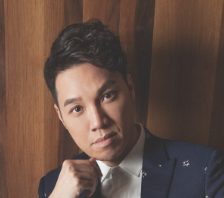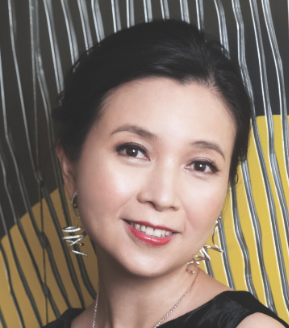Annie Yau Tse is the chairman and chief executive officer of Tse Sui Luen Jewellery (TSL), one of Asia’s largest jewellers.

You haven’t always worked in jewellery. What did you do early on in your career?
I studied computer engineering in college. I’m a very analytical and logical person, and I like math and science. After graduating, I worked in a software company for a few years in the States. Later, I moved back to Hong Kong and began working for Motorola, then for IBM as an IT consultant.
I enjoyed being part of the IT industry because it’s such an innovative environment. It exposed me to many new concepts and people. It’s quite different from jewellery, but I’m trying to incorporate the lessons I learnt from IT into my current role.

When you joined TSL in 2002, was it a big change for you?
Not too much. Although I had never worked in jewellery before, I got married to jewellery, so to speak. When I initially began dating my husband [Tommy Tse, son of TSL founder Tse Sui Luen], I spent a lot of time at TSL shops listening to him, talking to staff and learning how to do business.
By the time I joined the company, I already knew a lot about the trade. At that time I had been married six years, and my husband and I often talked about business at home. Even when I wasn’t with TSL, my husband liked to share his views with me and get my opinion on products as a consumer.
Was it your plan from the beginning to work together?
Not really. Originally we didn’t want to work together because we didn’t want to bring business back home. My husband told me that as a child he would see his parents arguing about business over the dining table. He wanted us to avoid that kind of conflict. Besides, we both enjoyed our own careers – me in IT and him in jewellery.

When did the turnaround happen?
I changed my mind when I saw him struggling. Like me, he studied in the States, and then worked for Johnson & Johnson. Being on the manufacturing side, he was used to a certain kind of technology and way of doing things. He was trained in material planning systems and wanted to introduce that expertise back into his family business. He was trying to implement those ideas – which were new here 30 years ago – but people around him were far from ready. They didn’t understand what he was trying to achieve.
Whenever he came home and aired those concerns, I thought, ‘How can I help him?’ In time, it occurred to me to offer my help, even though that meant risking future arguments.
Surprisingly, he was receptive. As Christians, we tried to discern what God wanted us to do. The more we prayed, the more at peace we felt about working together. After mulling it over for a couple months, I quit my job and joined TSL.

How do you navigate the road bumps of working together as husband and wife?
Of course we argue from time to time about the other’s way of doing things, but in the end we love each other so much. Love can help us overcome all problems.
I enjoy and treasure the experience because it lets me see the unity between myself and my husband. Even though we don’t take the same path to achieve something, we have the same destination.
We also try to avoid talking about business at home and focus on our children instead. If we do have arguments, they end in the conference room.
You’re the youngest member and one of two women on a board of seven. Is it challenging being in the minority?
I think it’s perfectly fine. Being in charge as a woman even has its advantages in a jewellery company. I can try on the jewellery and be a model for the brand! I am well respected by my husband, colleagues and friends, as well as the other directors when we’re meeting in the boardroom. I do, however, have privileges as the owner’s wife, and of course people have no choice but to respect me [laughs]. Kidding aside, so far I only see advantages, and it helps that I actually wear the product.

What advice do you have for other aspiring career women?
I think you just need to work wholeheartedly. I devote a lot of time to something I want to achieve and give 100 percent. If people around you see you putting in time and effort, you naturally gain respect. But if you take shortcuts and evade responsibility, then of course you lose credibility. It’s about accountability, responsibility and working at things with all your heart.
Are you grooming your children to take over TSL one day?
I wouldn’t force them to, but I really hope they will. I respect them as individuals, and if they have talent in certain areas, I wouldn’t force them to give that up. My eldest daughter’s dream is to be a medical doctor. She’s now studying biochemistry in the States, and wants to come back to help people. Of course, I hope she’ll ultimately come back to the family business, but if she’s determined to pursue her dream, I will be there to support her.
My younger daughter is talented in art and design, and I believe there might be an opportunity for her to work on TSL’s core products. We really need someone who is creative. Thankfully, she’s open to getting involved. My youngest child likes sports but is still too young to decide what he wants to do.

What does the future hold for the company?
I really want to bring TSL into a new era. Nowadays women are looking for practicality, even when choosing fine jewellery. In Hong Kong it’s too segmented – people look at fine jewellery as a valuable item that you need to spend a lot of money on. On the other hand, there are non-precious metals or stones that you can buy very cheaply. I want us to strike a balance and bring fine jewellery to the mass market in a real way.
We are also focusing on developing our business in China. In 2014 we started franchising in the mainland. That market has been our growth engine since the early 2000s, especially since Hong Kong has taken a hit in recent years. We would like to expand into Southeast Asia as well.
Thank you.
Text by: Julienne C. Raboca
Photos by: Neville Lee
Art Direction: San Wong
Hair & Makeup: Chris Yu @ Morphologique
Venue: Fantastic Suite & Kitchen at W Hotel



